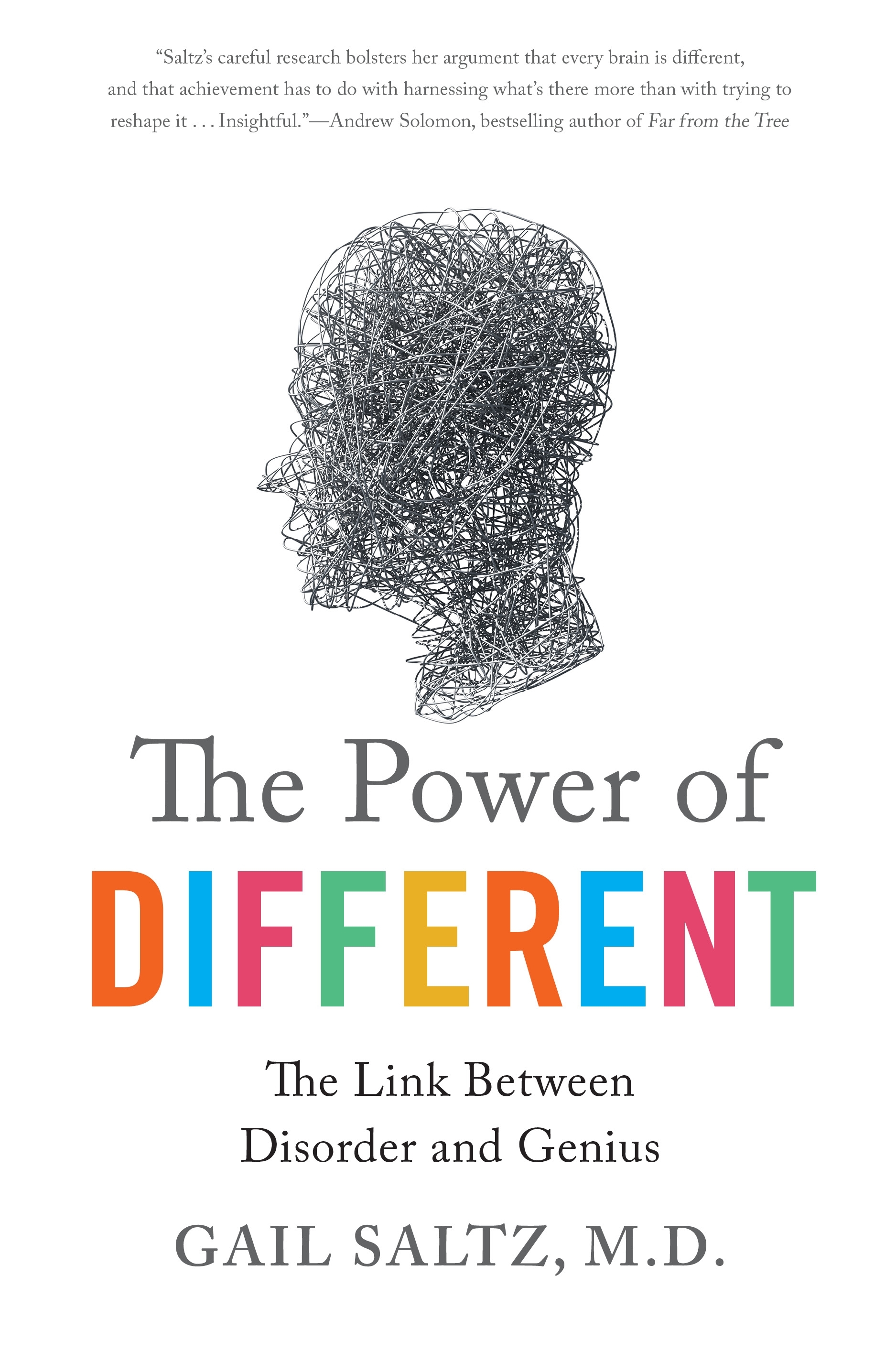What do you think?
Rate this book


256 pages, Hardcover
First published March 7, 2017
“Some people are Dandelions, and some are Orchids. One flourishes in any environment whereas the other has narrower requirements and is much more difficult to grow, yielding extraordinary results.”